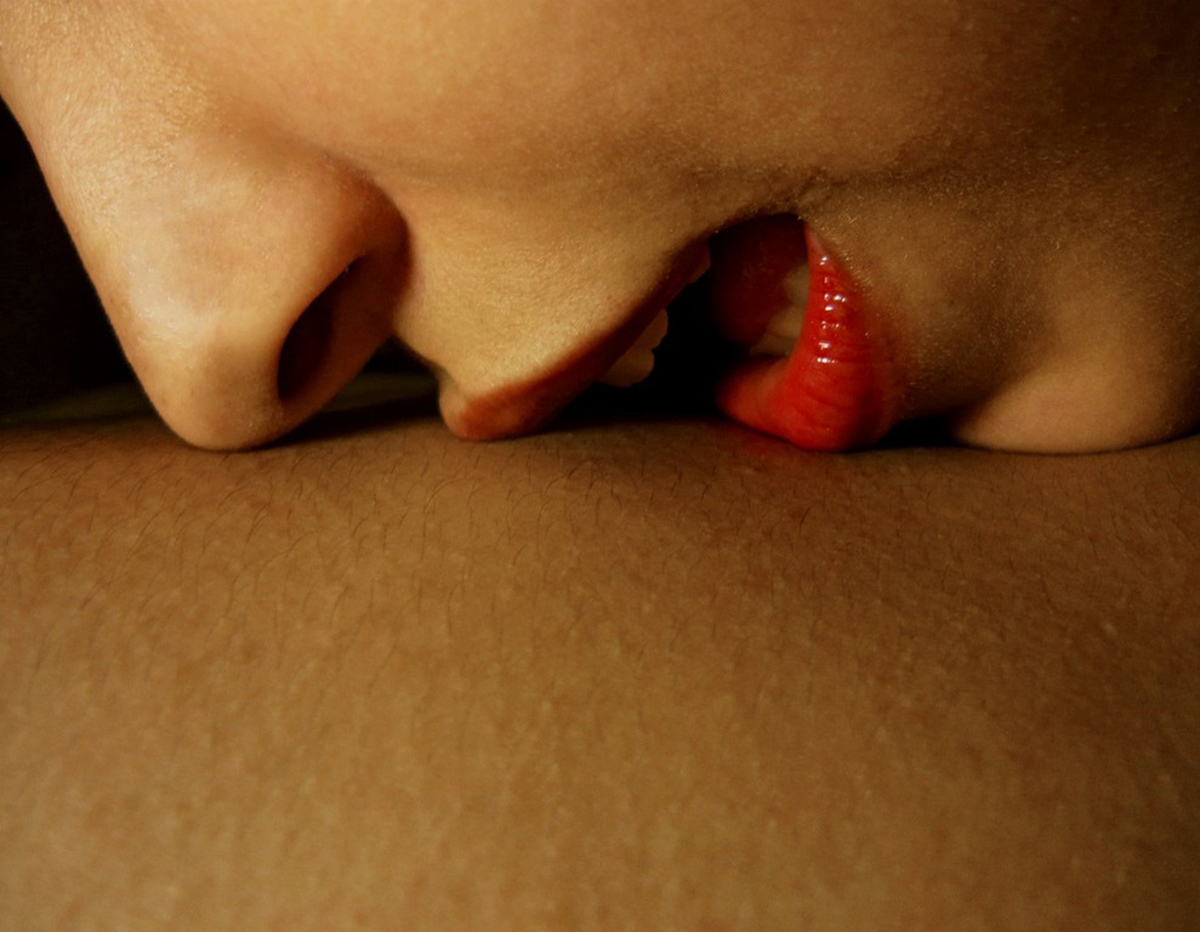Table of Contents
Aphrodisiacs, substances that kindle romantic love and possibly awaken the desire for sex, were once made in a very personal conversation with an herbalist who understood that physical expressions of love were about more than having functioning body parts.

The herbal arts of supporting romance have almost completely faded from public view, but there are still plants that change the function of the brain in ways that result in a healthier, more holistic romantic relationship. Ten plants that change the brain for better relationships and better sex are listed below.
1. Yohimbe.
The West African yohimbe tree is the source of a remedy recommended to men who suffer from erectile dysfunction. There isn't any doubt that the herb will work. Yohimbine hydrochloride was the 1980's equivalent of Viagra. It was even standardized for pharmacies and sometimes paid for by insurance (outside the USA). When yohimbe isn't effective, it's usually because the product is adulterated. It's hard to find the "real thing" outside a few herb shops run by small groups of professional herbalists today.
The effects of yohimbe, however, are not limited to a man's genitals, or to men, for that matter. Yohimbe increases a desire for closeness before it powers blood flow to the genitals. Both men and women are more "in the mood" when they use yohimbe, but it is necessary to observe precautions when someone interested in the herb is suffering from heart disease or high blood pressure.
2. Damiana.
Damiana is a small shrub that produces round, yellow, flowers that smell like chamomile. When scientists have studied damiana, they have usually administered it to sexually exhausted male rats to encourage them to mate some more. In human men, the small flowers of this shrub can help extend sexual vigor. But in its traditional use in precolonial Mexico, the herb was made into a tea drunk with sugar to encourage "sweet" romantic relationships even after exhausting toil in the fields or on the pyramids.
3. Passionflower.
Passionflower, known in Latin America as maracuja and found from South America to Texas, is so sexy even its name invokes romantic passion. Every part of the plant contains compounds that block the degradation of testosterone in the bodies of both men and women. These compounds do not stimulate the production of the male sex hormone, potentially causing it to accumulate to unhealthy levels, but they do keep the testosterone that is already in circulation from being broken down. Passionflower isn't just helpful for maintaining your sex drive and rekindling your romantic life. This flower also contains compounds that stimulate white blood cells known as macrophages to fight bacterial infections, and compounds that lift depression. (And what's sexier than a good mood?)
Read More: Asparagus: Aphrodisiac, Diuretic, Antioxidant and Immunity Booster
4. Cashews.
Vacations to tropical resorts often reignite romance. Vacations to tropical resorts that serve cashews may resort in love that is just a little hotter. Cashew nuts can stimulate libido, and also help fight infections by strengthening the immune system. There are two caveats to the consumption of cashews as an aphrodisiac. One is that it's the soft, fleshy fruit of the cashew that is used as aphrodisiac, not the nut. The other is that uncooked cashews are toxic. These nuts have to be heated before they are safe to eat. Cashew fruit extracts and frozen cashew fruit are the best choices outside the tropics, where they may be available fresh, and you may be able to find these in health food stores.
- Kotta S, Ansari SH, Ali J. Exploring scientifically proven herbal aphrodisiacs. Pharmacogn Rev. 2013 Jan. 7(13):1-10. doi: 10.4103/0973-7847.112832. PMID: 23922450 [PubMed]
- Photo courtesy of Gabriel S. Delgado C. by Flickr : www.flickr.com/photos/neogabox/3759375253/
- Photo courtesy of Mathew Packer by Flickr : www.flickr.com/photos/mat-packer/9309913703/


Your thoughts on this